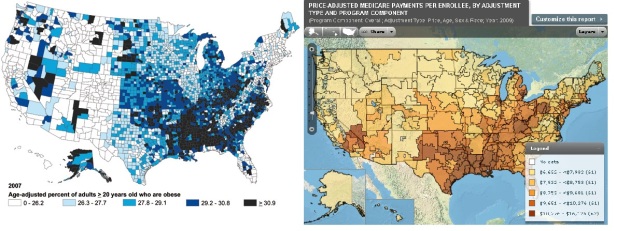The Associated Press and the end of Personal Responsibility (or Words Have Meaning 3)
April 8, 2013 Leave a comment
The Associated Press, a large and influential news organization, recently published a change to their style guidelines that eliminates the use of the term ‘illegal’ to describe immigrants who did not enter the country legally. The guidance went on to say that only actions should be described as illegal, but not people. This policy has implications that go well beyond the immigration debate and are both profound and disturbing.
In previous posts on Words Have Meaning (Part 1 and Part 2), we talked about how the words we choose convey meaning, whether that meaning was intended or not. The decision to stop using the term ‘illegal’ to describe people was meant to avoid stigmatizing a person and instead use the term to describe activity, according to the AP. Critics of the move say that it was done intentionally to reduce the negative connotation of illegal immigration, thus making it easier for politicians to grant amnesty or provide other benefits to people who entered the country illegally. But, from a logical perspective, this decision goes well beyond immigration and further erodes the concept of personal responsibility.
We are a country of tremendous personal freedoms, but with that freedom also comes personal responsibility. If we are to survive and thrive as a nation, we must hold people accountable for their actions. Look at how we already do that now. If a person graduates medical school and gets the proper certifications, we call them a Doctor. Someone who wins an election to the Senate is a Senator. An athlete that wins the Superbowl is a Superbowl champion. Someone who is convicted of a felony is a Felon. These examples could go on, but the point is that we identify people with what they do and how they behave. In a society that does not believe that people were born into a caste or a certain role and instead have the freedom to pursue their happiness, our actions and behavior define us to a large degree.
To separate a person’s behavior with how we view that individual is to take away the idea of personal responsibility. If we can only use negative terms to describe behavior it is as if that behavior occurred on its own, without someone making a decision to behave that way. Imagine if we said that a robbery was committed but the person who committed it was not a thief? Instead, they are an ‘undocumented owner of goods’. Or what if a person who could not control a drug habit was not a drug addict? What if a drunk driver was really just a ‘non-sober vehicle operator’. A murderer could just be an ‘unlicensed end-of-life caregiver’. Would anyone ever be responsible for the negative acts they committed or would all those bad things just occur without anyone causing them?
If the AP made the decision to strike the term ‘illegal immigrant’ for a short-term political goal, then their decision is shallow and partisan. However, the unintended consequence of that decision is the further slide into a culture where no one is held responsible or takes responsibility for their bad actions.


Recent Comments